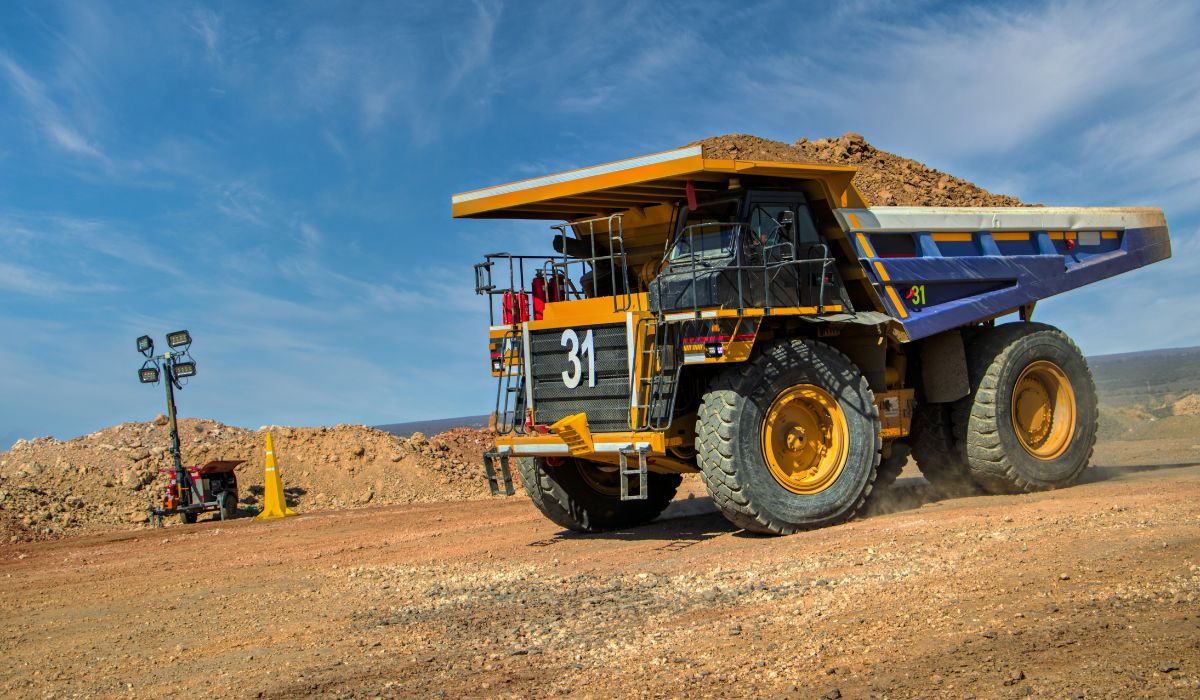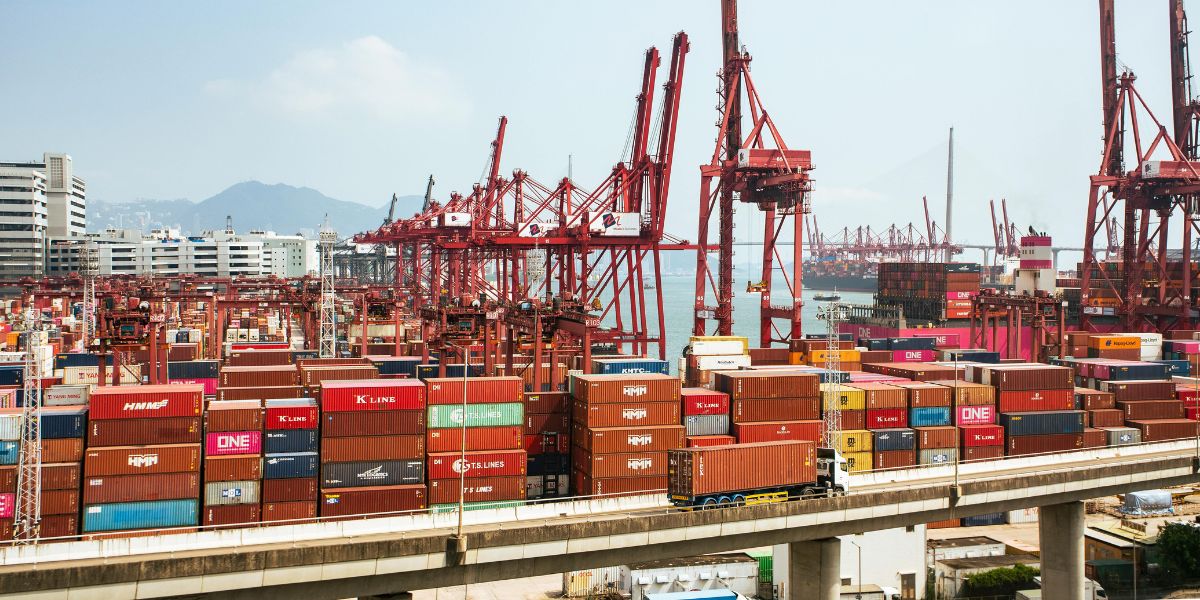
When it comes to aviation insurance, one of the most important types of coverage for aircraft owners and operators is hull insurance. This coverage protects against damage to the aircraft itself, including collision, fire, and other unexpected events that can cause significant damage or even total loss. In this article, we'll explore the basics of aircraft hull insurance, including what it covers and why it's so important for aircraft owners and operators to have adequate coverage.
What is Aircraft Hull Insurance?
Aircraft hull insurance is a type of aviation insurance that protects aircraft owners and operators against damage to their aircraft itself. It typically covers damage caused by accidents, such as collisions, as well as damage caused by natural disasters, fire, theft, or other unexpected events that can cause significant damage or even total loss. The policy may also cover other related expenses, such as the cost of removing wreckage or repairing damage caused by emergency landings or other incidents.
Protect your aircraft, click here to get a quote for hull insurance today.
How is it different from other types of aviation insurance?
Aircraft hull insurance differs from other types of aviation insurance, such as liability insurance, which covers damage or injuries caused to other people or property by the aircraft or its operation, Here are some examples of what aircraft hull insurance typically covers and what it doesn't:
Covered: Damage caused by collisions with other aircraft, objects, or structures on the ground
Not Covered: Damage caused by intentional acts or criminal activity.
Covered: Damage caused by natural disasters, such as hurricanes, tornadoes, or earthquakes.
Not Covered: Damage caused by normal wear and tear or mechanical failure.
Covered: Damage caused by fire or explosion.
Not Covered: Damage caused by aircraft design flaws or maintenance errors.
It's important to note that aircraft hull insurance policies can vary significantly in terms of coverage and exclusions, so it's essential to carefully review the policy terms and conditions before purchasing coverage. Working with a reputable insurance broker, such as Connect Business Insurance, can help ensure that you have the right coverage for your needs and that you fully understand what is and isn't covered under your policy.

Why is Aircraft Hull Insurance Essential?
Aircraft hull insurance is essential for anyone who owns or operates an aircraft for several reasons. The cost of repairing or replacing an aircraft can be incredibly high, and without adequate coverage, the financial burden can be significant. Here are some reasons why having aircraft hull insurance is essential:
High Cost of Aircraft Repairs and Replacement:
Aircraft are complex machines that require specialised knowledge and expertise to repair or replace. The cost of repairs or replacement can be incredibly high, depending on the extent of the damage and the type of aircraft. For example, the cost of repairing a small plane can range from tens of thousands to hundreds of thousands of dollars, while the cost of replacing a large commercial airliner can reach billions of dollars. Without adequate coverage, the financial burden of repairing or replacing an aircraft can be overwhelming and potentially lead to bankruptcy.
Financial Risk of Not Having Adequate Coverage:
If an aircraft is damaged or destroyed, the financial impact can be significant. This is especially true if the owner or operator doesn't have adequate insurance coverage to cover the cost of repairs or replacement. In addition, if the aircraft is involved in an accident that causes injury or property damage to others, the financial liability can be even higher. Without adequate coverage, the owner or operator may be personally responsible for these costs, which can be financially devastating.
Benefits of Having Aircraft Hull Insurance:
Aircraft hull insurance provides several benefits for aircraft owners and operators. First and foremost, it provides peace of mind knowing that the financial burden of repairing or replacing the aircraft is covered. In addition, it can help protect the owner or operator from financial liability in the event of an accident or incident involving the aircraft. It can also provide additional coverage for related expenses, such as the cost of removing wreckage or repairing damage caused by emergency landings or other incidents.
Don't let minor scrapes ground your operations - fly steady with aircraft hull insurance. Click here to get a quote today.
Types of Aircraft Hull Insurance Coverage
There are several types of coverage available. Here are some of the most common:
Comprehensive Coverage: What it covers and what it doesn't
This type of coverage provides the most extensive protection for your aircraft, which can cover damage caused by almost any event, including natural disasters, theft, and vandalism. However, comprehensive coverage may come with a higher premium and may have exclusions or limitations, such as intentional damage or illegal activities.Here's a closer look at each type of coverage and what it covers:Covered: Damage caused by natural disasters, theft, vandalism, and other unexpected events.Not Covered: Damage caused by intentional acts or illegal activities.
Collision Coverage: What it covers and what it doesn't
This type of coverage can protect against damage caused by collisions with other aircraft, objects, or structures. It can be more affordable than comprehensive coverage but may have more limited coverage for other types of damage, such as fire or theft.Covered: Damage caused by collisions with other aircraft, objects, or structures.Not Covered: Damage caused by events such as natural disasters or theft.
Ground Risk Hull Insurance (GRHI)
This type of coverage can protect against damage that occurs while the aircraft is on the ground, such as while parked or during taxiing. It can be especially useful for aircraft that are stored or used in areas with a higher risk of damage, such as busy airports or areas prone to severe weather.Covered: Damage that occurs while the aircraft is on the ground, such as while parked or taxiing.Not Covered: Damage that occurs during flight.It's important to work with an experienced aviation insurance broker, such as Connect Business Insurance, to ensure that you have the right type and amount of coverage for your aircraft and specific risks.

Factors that Affect Aircraft Hull Insurance Premiums
Several factors can affect the cost of aircraft hull insurance premiums. Here are some of the most significant factors to consider:
- Age and type of aircraft: The age, make, model and value of the aircraft will impact the cost of the insurance premium. Older aircraft or those with more complex systems may be more expensive to insure than newer, simpler aircraft.
- Pilot experience and safety record: The experience and safety record of the pilots who will be operating the aircraft are important factors in determining the insurance premium. Pilots with a good safety record and a significant amount of experience may be able to secure lower insurance premiums.
- Frequency of use and location of operation: The frequency of use and the location of operation can also affect the cost of the insurance premium. For example, an aircraft that is frequently used or operated in a high-risk location, such as areas prone to severe weather or high-density airspace, may be more expensive to insure.
- Claims history: Finally, the claims history of the aircraft and its owners can impact the insurance premium. A history of claims, accidents, or incidents may result in higher premiums, while a clean claims record may help to reduce the cost of the insurance.
How to Choose the Right Aircraft Hull Insurance
Choosing the right aircraft hull insurance is essential for protecting your investment and minimising risk. Here are some key factors to consider when selecting coverage:
- Work with a reputable insurance broker
- Evaluate coverage options: When evaluating coverage options, consider factors such as the scope of coverage, deductibles, and premiums. Make sure that the coverage is sufficient to protect your aircraft against a wide range of risks and that it meets any legal or regulatory requirements.
- Understand policy terms and conditions
- Consider additional coverage options: In addition to aircraft hull insurance, you may also want to consider other types of coverage, such as liability insurance, workers' compensation insurance, and business interruption insurance. Click here to read more about these coverage options.
By carefully evaluating your coverage options and working with an experienced insurance broker, you can ensure that you have the right aircraft hull insurance coverage to protect your investment and your business. Contact Connect Business Insurance to learn more about your aircraft insurance options and to find the right coverage for your unique needs.Note: The material offered here is for informational purposes only. It does not constitute legally binding advice and should not be a substitute for a consultation with an insurance expert.






.svg)




